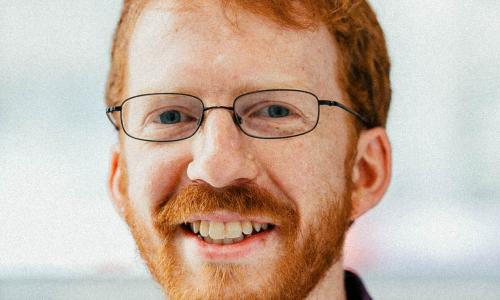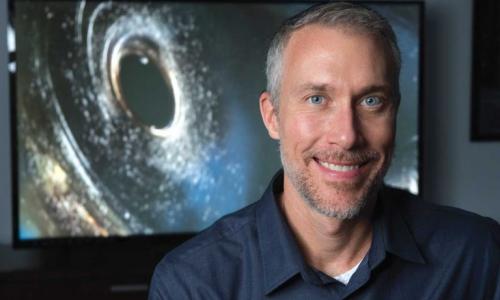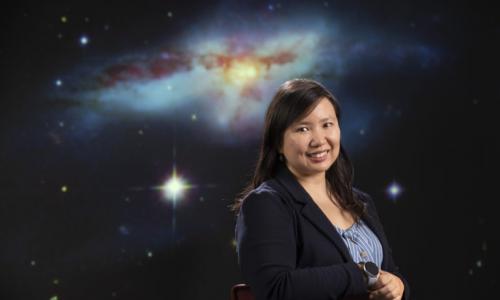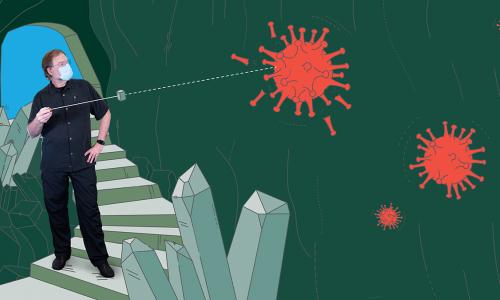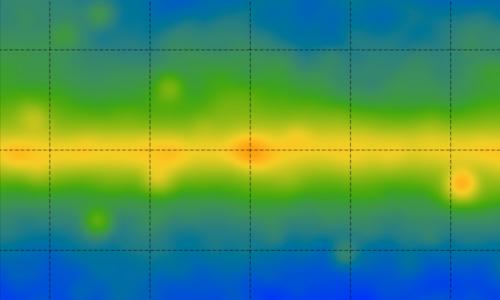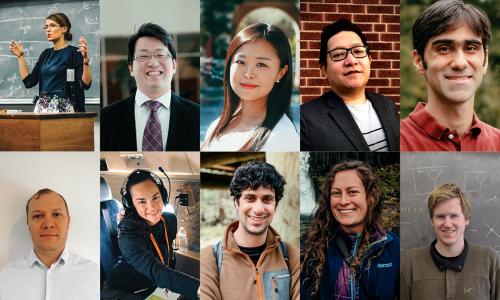Physics & Astronomy
Oct 22, 2020
The network is helping the department to better foster inclusion, diversity and equity.
Oct 21, 2020
The School of Physical Sciences is proud to launch a new program aimed at honoring students who have enabled the success of women in the natural sciences. The Women in Natural Sciences (WiNS)…
Oct 15, 2020
Our alumni take a part of UCI and the School of Physical Sciences with them when they graduate and leave campus. They take the memory of this place, and they share it, in their conversations, their…
Oct 7, 2020
Sobel played a role in discovering the neutrino — a subatomic particle that makes up most of the matter in the universe.
Oct 7, 2020
It was September, and the leaves outside physicist and Physical Sciences alumnus Thomas Baker’s window in Sherbrooke, Canada, were just starting to turn orange. It was a change for Baker, who, as a…
Sep 30, 2020
The UCI researchers who probe the Earth and sky for answers to momentous questions about the environment, the oceans and the atmosphere have gotten smart about unlocking solutions. The key: They turn…
Sep 23, 2020
If you were given a chance to study the cosmos with NASA’s much-anticipated James Webb Space Telescope, what would be your target? University of California, Irvine astronomer Vivian U knows what she…
Sep 15, 2020
When Chris Barty focuses his mind on something, it is with laser precision. The UC Irvine Distinguished Professor of Physics and Astronomy learned from an early age he was drawn to lasers after…
Sep 11, 2020
The widespread adoption of electrified transportation is seen as an important step in slowing climate change, but that depends on our ability to produce enough batteries for this and other…
Aug 26, 2020
The detection more than a decade ago by the Fermi Gamma Ray Space Telescope of an excess of high-energy radiation in the center of the Milky Way convinced some physicists that they were seeing…
Aug 10, 2020
Irvine, Calif., Aug. 10, 2020 — An international group of more than 260 scientists, including physicists at the University of California, Irvine, has produced one of the most stringent tests for…
Aug 10, 2020
From measuring atmospheric circulation, to using living cells to create artificial materials, our new faculty cover a broad spectrum.





